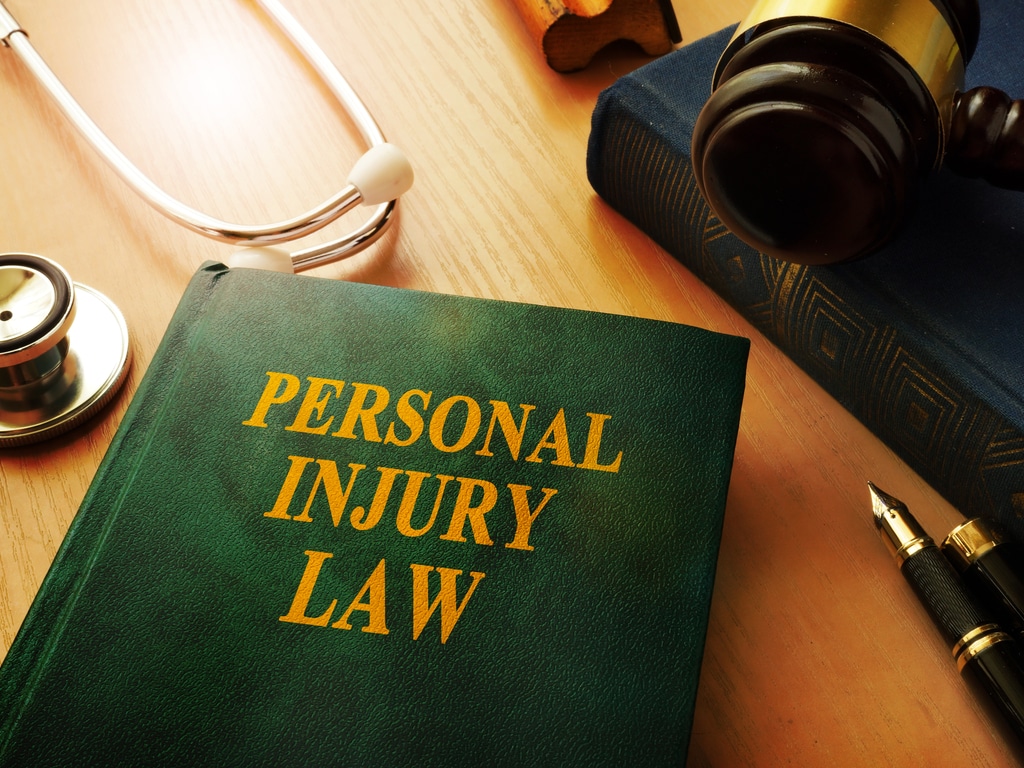
After a personal injury has been incurred on you, you have the legal right to sue for settlement or compensation. This compensation serves as a payment for whatever the extent of your injury damage or losses is. Most of these cases go through the courts, but if you’re lucky enough, it doesn’t have to take that long. Other personal injury claims can get settled fast, particularly when the erring party and their respective insurance provider cooperates in a just and fair manner.
If you’ve suffered from personal injury, you’re in the right place. Here, you’ll get to learn more about personal injury, the claims process, settlements, and when you should file for one.
Generally, there’s no fixed time frame as to when you can file for a settlement. As soon as the personal injury is sustained, you’re entitled to this choice. In a personal injury, the erring party may opt to file a case or a settlement.
In most instances, you can file for a settlement directly when you don’t want the case to drag on for months in court. For example, you need the money right away to cover your medical expenses, the erring party is amicable with you, and other related circumstances that can warrant this recourse.
There are many good reasons why filing a settlement is your best recourse. But, one of the most compelling has to do with the monetary compensation that you can gain out of the settlement. This financial compensation is also referred to as damages. While money can’t entirely pay for whatever losses you feel, especially those that can’t be valued, it’s a good enough start for you also to heal better from your injury.
The monetary compensation that a settlement seeks to cover includes the following:
In this process of taking back monetary compensation for your personal injury, you don’t interact with or deal with the party at fault. It’s the insurance company of the erring party that you’ll be dealing with. To ascertain also whether or not the value offered to you by the insurance company is sufficient enough, having a personal injury lawyer by your side helps.
Once both parties agree to a settlement as a part of negotiating the injury case, the insurance company generally makes the offer for settlement. In this case, the goal centers on two things: managing the risks to both parties and minimizing the costs. Hence, when you decide to settlement, as the injured party, you also need to be assured through your lawyer that the amount you’re going to receive is just and fair. It’s not undervalued, only so that the insurance company of the at-fault party will have to shell out a lesser amount.
As daunting as the idea may be, filing a personal injury claim is quite straightforward. It’s even easier than how the process would be, should you choose to file a lawsuit instead. Here’s an overall idea of the personal injury process in filing a personal injury claim:
When the insurance provider of the erring party immediately pays you a form of settlement, that’s usually a good thing. It saves both parties the hassle and expense of having to go through court. In an ideal world, this is the best path for everyone involved in the case. But this doesn’t always happen. After reading this, however, now you know more about your rights and what you should do for a settlement after a personal injury has been caused you.
Find A Doctor | New York Doctors | New Jersey Doctors | Connecticut Doctors
Medical Services | Conditions Treated | Insurance | Contact Us | Privacy Policy | Site Map | Terms of Service | Blog | Advertising
This site does not provide or endorse any medical or legal advice. All medical practices listed on this site are independently owned and operated by licensed physicians. Learn more
Copyright © var currentYear = new Date().getFullYear();document.write(currentYear); Injured Call Today. All Rights Reserved.
